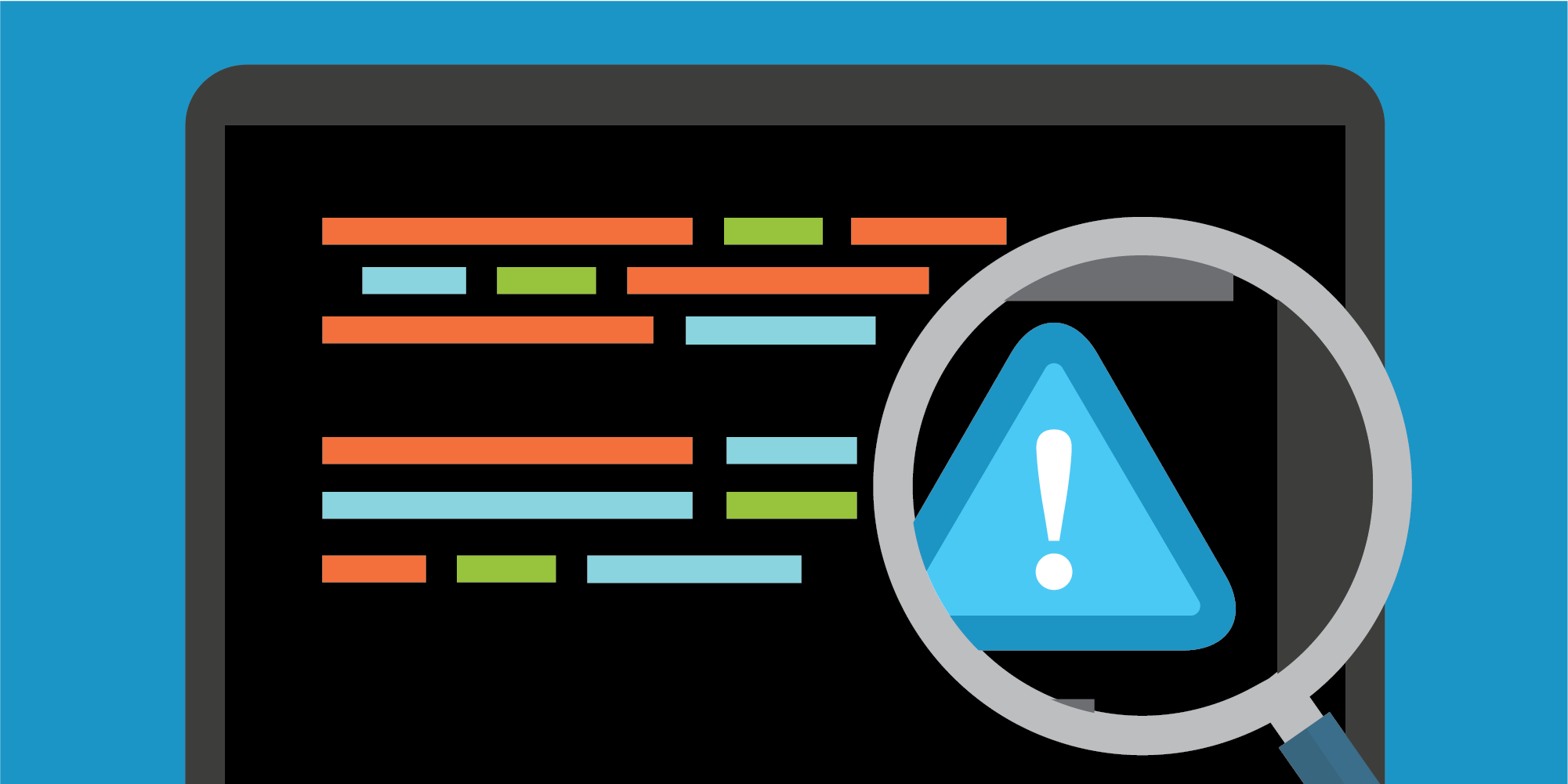Bron: artikel gedeeltelijk overgenomen van unit42.paloaltonetworks.com
Origineel auteur: Unit 42

On March 28, 2024, Red Hat Linux announced CVE-2024-3094 with a critical CVSS score of 10. This vulnerability is a result of a supply chain compromise impacting the versions 5.6.0 and 5.6.1 of XZ Utils. XZ Utils is data compression software included in major Linux distributions. The U.S. Cybersecurity and Infrastructure Security Agency (CISA) has advised people to downgrade to an uncompromised XZ Utils version (earlier than 5.6.0).
The newly disclosed vulnerability has been assigned the following CVE:
| CVE Number | Description | CVSS Severity |
|---|---|---|
| CVE-2024-3094 | Malicious code was discovered in the upstream tarballs of xz, starting with version 5.6.0. Through a series of complex obfuscations, the liblzma build process extracts a prebuilt object file from a disguised test file existing in the source code, which is then used to modify specific functions in the liblzma code. This results in a modified liblzma library that can be used by any software linked against this library, intercepting and modifying the data interaction with this library. | 10.0 Critical |
Palo Alto Networks customers are better protected from and can implement mitigations for CVE-2024-3094 in the following ways:
- The Next-Generation Firewall with cloud-delivered security services including Advanced WildFire detects the compromised versions described in this report as malicious, as well as features known to be associated with the backdoors.
- Cortex XDR and XSIAM help protect against post-exploitation activities using the multi-layer protection approach. Cortex customers using the Host Insights module can detect if the vulnerability exists on protected devices.
- Prisma Cloud has out-of-the-box detection capabilities in place that will help prevent the launch of images with CVE-2024-3094.
- The Unit 42 Managed Threat Hunting team is monitoring attempted malicious activities against our customers. The XQL queries shared in that section below can also be used by Cortex XDR customers to search for affected versions of XZ Utils.
- The Unit 42 Incident Response team can also be engaged to help with a compromise or to provide a proactive assessment to lower your risk.
Details of CVE-2024-3094
On March 28, 2024, Red Hat Linux announced CVE-2024-3094 with a critical CVSS score of 10. This vulnerability is a result of a supply chain compromise impacting the latest versions of XZ tools and libraries. XZ Utils is data compression software included in major Linux distributions.
Versions 5.6.0 and 5.6.1 of the libraries contain malicious code that modifies functions during the liblzma build process. Liblzma is a data compression library.
This malicious code results in a compromised liblzma library, which may modify or intercept data from other applications that leverage the library. Under certain conditions this code may allow unauthorized access to affected systems.
A security researcher, Andres Freund, found the malicious code when he saw failing ssh logins using high CPU loads. When researching the cause of the high CPU utilization he then also noticed slower logins which led to further exploration and discovery of the vulnerability.
Affected Versions and Mitigation Actions
All major Linux distros recommend either reverting back to versions built prior to the inclusion of XZ Utils 5.6.0 and 5.6.1 or migrating to updated releases.
| Distro | Affected Version |
|---|---|
| Red Hat | Fedora Linux 40 and Fedora Rawhide |
| Debian | No Debian stable versions are known to be affected. Compromised packages were part of the Debian testing, unstable and experimental distributions, with versions ranging from 5.5.1alpha-0.1 (uploaded on 2024-02-01), up to and including 5.6 1-1. |
| Kali | The impact of this vulnerability affected Kali between March 26-29. If you updated your Kali installation on or after March 26, it is crucial to apply the latest updates today to address this issue. However, if you did not update your Kali installation before March 26, you are not affected by this backdoor vulnerability. |
| OpenSUSE | OpenSUSE Tumbleweed and OpenSUSE Micro OS between March 7th and March 28th 2024. |
| Alpine | 5.6 versions prior to 5.6.1-r2 |
| Arch | - Installation medium 2024.03.01 - Virtual machine images 20240301.218094 and 20240315.221711 - Container images created between and including 2024-02-24 and 2024-03-28 |
Additionally, HomeBrew package manager is forcing downgrades to 5.4.6. They do not believe Homebrew’s builds were compromised but are taking this action as a precaution.
Amazon has stated that Amazon Linux customers are not affected by this issue, and no action is required.
Full article is available at unit42.paloaltonetworks.com
